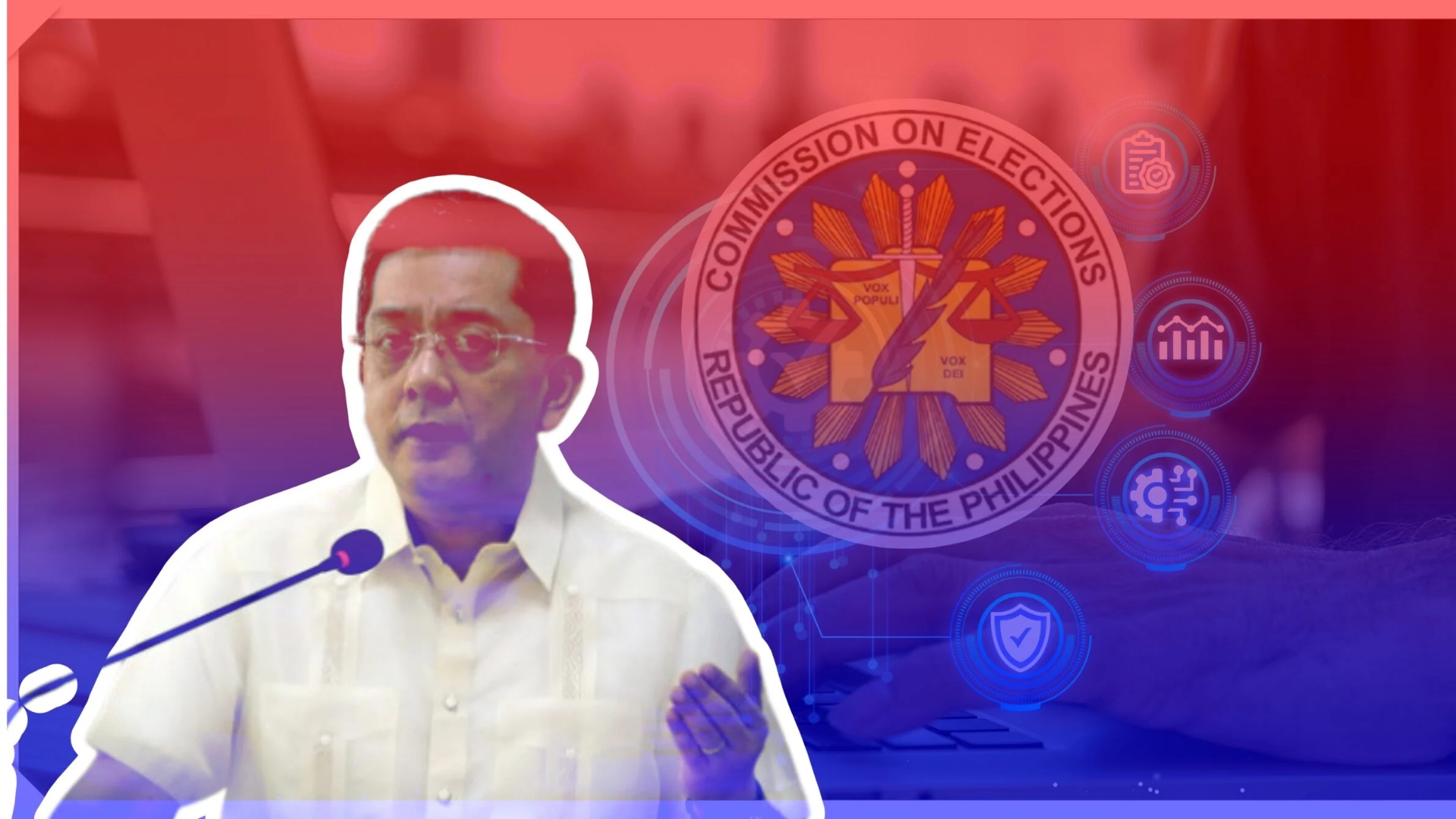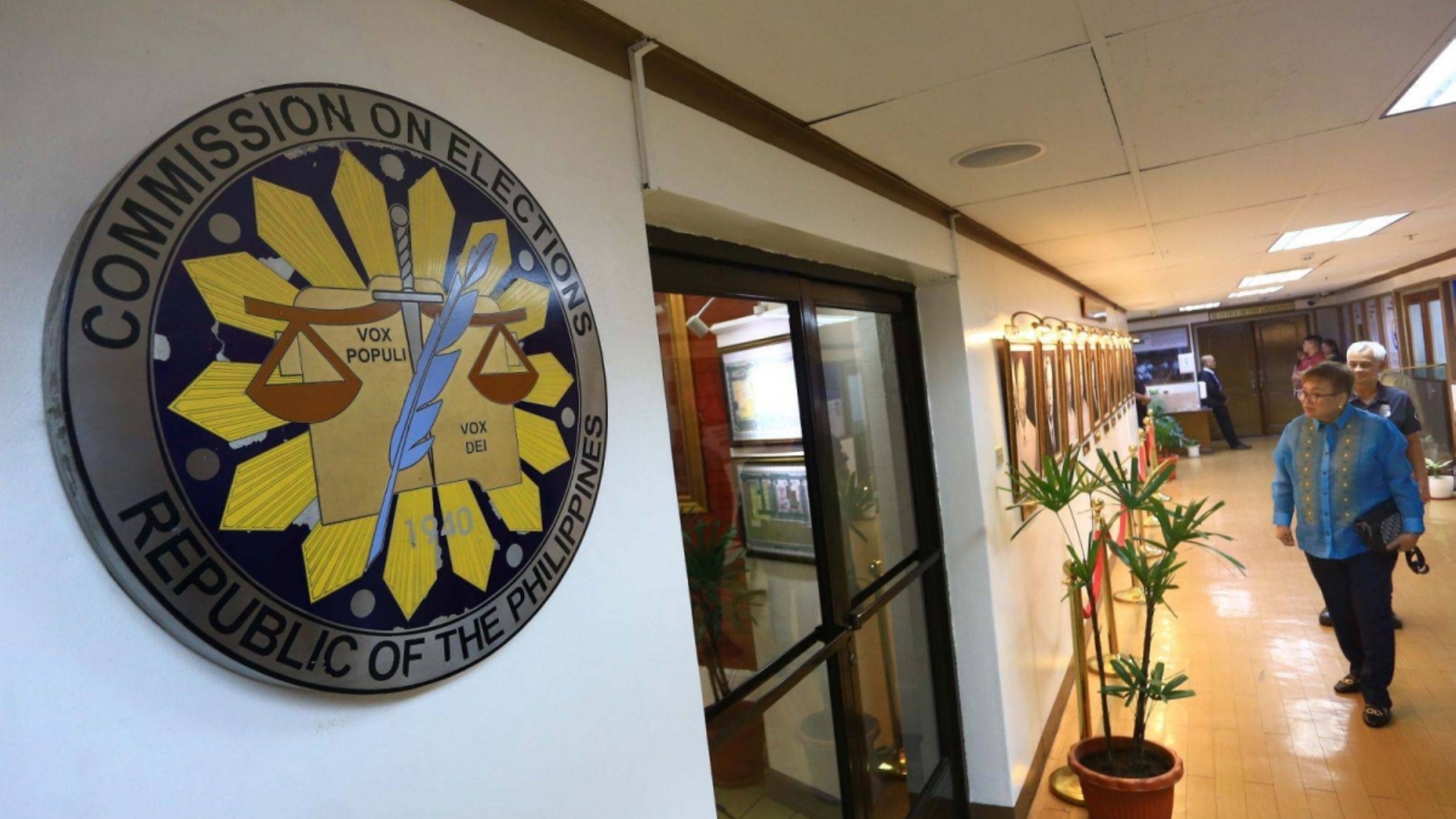COMELEC Issues New Guidelines for Digital Campaigning in 2025 Elections, Including Rules on Social Media and AI

Guidelines for digital election campaigning for the national and local elections of 2025 have been released by the Commission on Elections (COMELEC). These include a ban on and penalties for the improper use of social media, artificial intelligence, and internet technology.

In the May 2025 midterm elections and the Bangsamoro Autonomous Region in Muslim Mindanao (BARMM) parliamentary elections, the COMELEC en banc issued Resolution No. 11064, which contains guidelines on the use of social media, artificial intelligence (AI), and internet technology for digital campaigns as well as the prohibition and punishment of its misuse for disinformation and misinformation.
Authorized by the Education and Information Department (EID) and the Law Department of the COMELEC, together with other pertinent government instrumentalities, the Task Force sa Katotohanan, Katapatan, at Katarungan sa Halalan (KKK sa Halalan) was given permission by the resolution to execute and uphold the rules.
The 2025 elections require digital campaigning platforms like blogs, podcasts, and vlogs to be submitted and registered by December 13, 2024, 30 days after submitting certificates of candidacy.
In order to register on social media, the following needs to be submitted:
A duly notarized, accomplished registration form, which will be accomplished and submitted online.
A notarized authorization if the registration is through an authorized representative of the candidate or party.
A notarized affidavit of undertaking by the candidate or the authorized official of the political party or, coalition, or party-list organization.
Photocopy of one (1) valid government-issued ID of the candidate, the authorized representative of the political party or coalition, or party-list organization submitting the registration.
A justification for not filing a complaint for breaking the rules will be needed if the relevant candidate, political party or coalition, party-list organization, and their campaign managers neglect to register with the EID. Additionally, the aforementioned candidates will be asked to remove, take down, or block the content.
For Artificial Intelligence, the resolution mandates disclosure of election propaganda and materials utilizing AI during the campaign period, with different requirements for different media types to ensure necessary disclosures and disclaimers.
For Visual Media
- Text of the disclosure or disclaimer must appear in a font size no smaller than the largest font used.
- If no text is present, the disclaimer must be large enough to be easily readable.
- The disclaimer must be clearly distinguished from other content with sufficient color contrast between the text and background.
- The disclaimer must be enclosed in a printed box or set apart that visually distinguishes it from other content.
For Audio-Visual Media (Video or Animated Content)
- The disclosure or disclaimer must be present both in written form and as an audible statement.
- The written form must be visible.
- The audible form must be clearly spoken for a considerable amount of time at the beginning and end of the media.
For Audio-Only Media
- The disclosure or disclaimer must be spoken clearly and audibly.
- The volume must be easily heard by the average listener at the beginning and the end of the audio content.
Candidates who fail to disclose their usage of AI technology will have to defend themselves against a complaint alleging that they violated the criteria. After that, a request to have the content deleted, blocked, or taken down will be made.
The COMELEC also listed the prohibited acts during the 2025 polls, including the following:
- The use of “false amplifiers,” such as fake accounts, bots, and astroturf groups filled with fake users, to propagate disinformation and misinformation in endorsing or campaigning.
- Coordinated inauthentic behavior and utilization of hyperactive users.
- Creation and dissemination of deepfakes, cheapfakes, and soft fakes.
- Use of fake and unregistered social media accounts during the election and campaign period.
- Creation and dissemination of fake news.
- Use of content produced through AI technology but without compliance with the transparency and disclosure requirements.
The upcoming 2025 elections will serve as a critical testing ground for enforcing new guidelines on the proper use of social media, artificial intelligence (AI), and internet technology in digital election campaigns. As the landscape of campaigning continues to evolve, these regulations will play a key role in ensuring transparency and accountability in the digital space
Via Noypigeek
